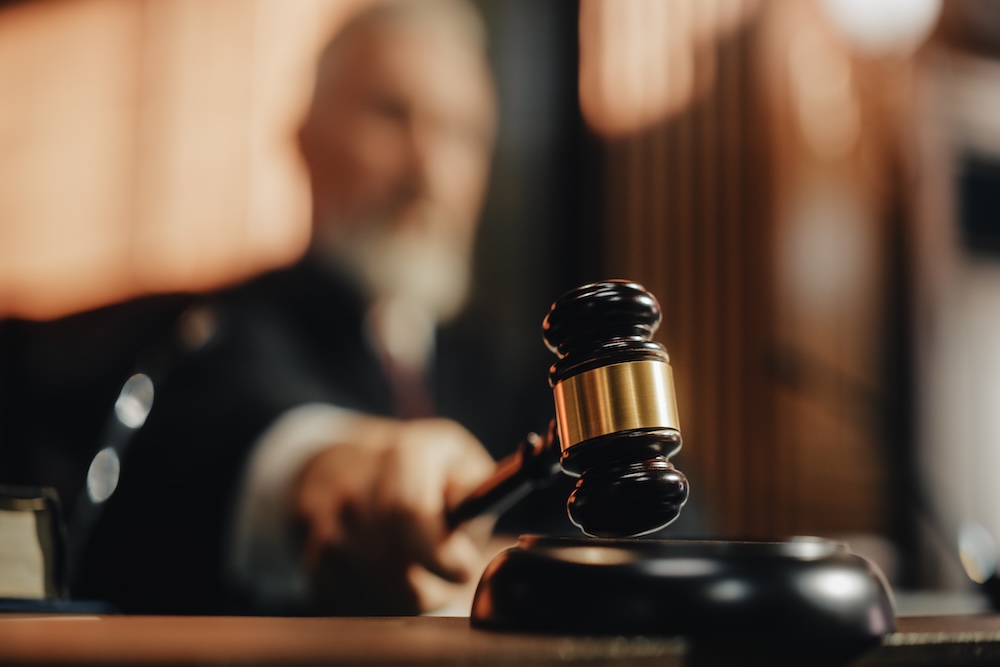Preventing Wrongful Convictions

We conduct interdisciplinary research to understand how scientific evidence is perceived and used within the criminal legal system by judges, lawyers, jurors, scientists, and the public. Our work focuses on ensuring the evidence used in criminal cases is based on sound science and clear, reliable information. By promoting better forensic practices and legal decision-making, we aim to eliminate wrongful convictions, strengthening the fairness of and trust in the criminal legal system.
Our Current Projects
Analyzing the use of AI and the Criminal Legal System
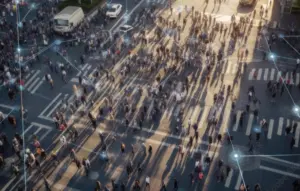
Informing the Judicial System through the Amicus Lab
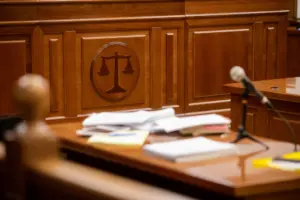
Assessing the Reliability and Impact of Presumptive Field Drug Tests

Convicting the Innocent: DNA Exonerations Database
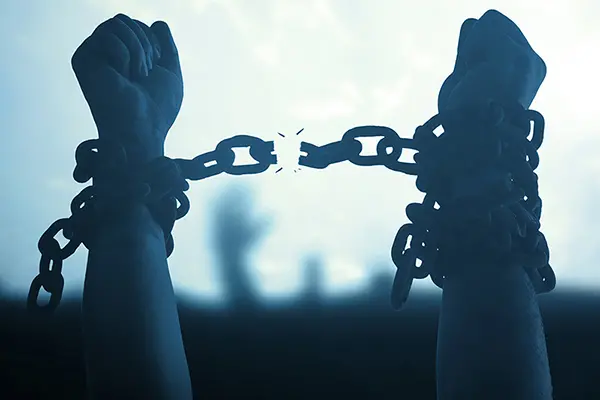
Retooling Forensics: Our Forensics Reform Toolkit
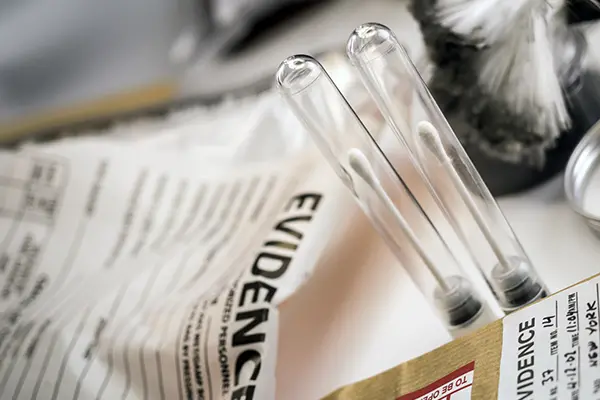
Preventing Eyewitness Misidentification
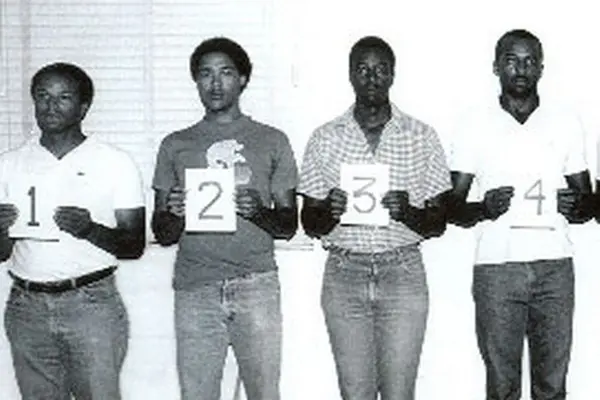
Advancing Evidence-Based Interrogation Policies and Practices

The Brady Database: Cataloging Brady Claims
